Buying a Restaurant with SBA Lending. Things to Know
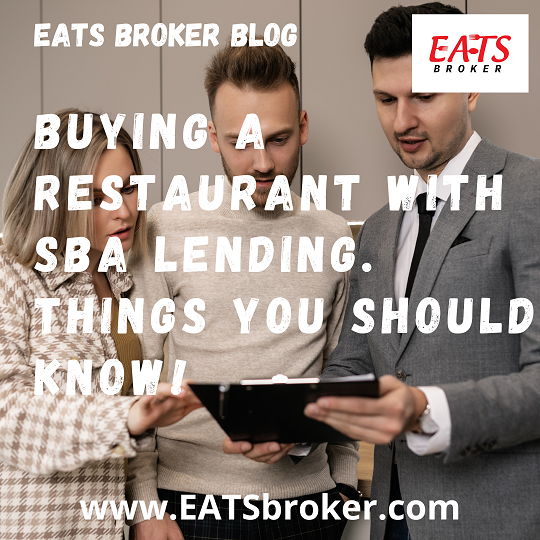
Buying a Restaurant with SBA lending is a great opportunity for buyers to finance up to 90% of the total acquisition cost. Restaurant Acquisitions are eligible for Small Business Administration (SBA) 7(a) loans, but the process can be time-consuming and requires many supporting documents. The restaurant buyer’s and the restaurant seller’s financial documents must be […]
Why use a Restaurant Broker? When selling a restaurant.
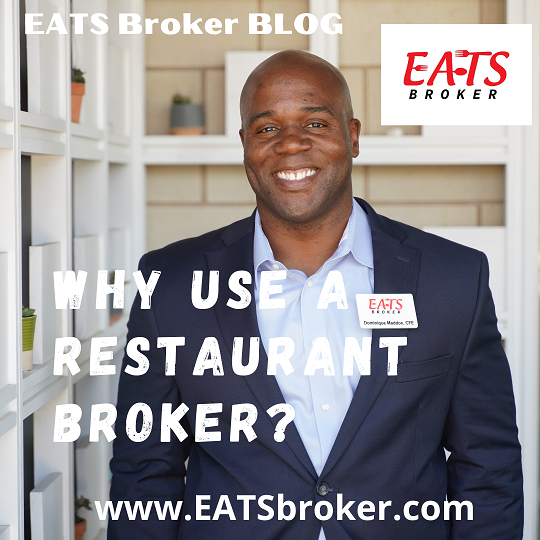
Why use a Restaurant Broker when selling a restaurant is a good question. Could you save on a commission and market your restaurant For Sale by Owner? Yes, but the reality about selling a restaurant is that only about 30%-40% of restaurants listed for sale will sell, and only about 2%-5% of the buyers looking […]
Bring your own bottle (BYOB). Is it good for restaurants?
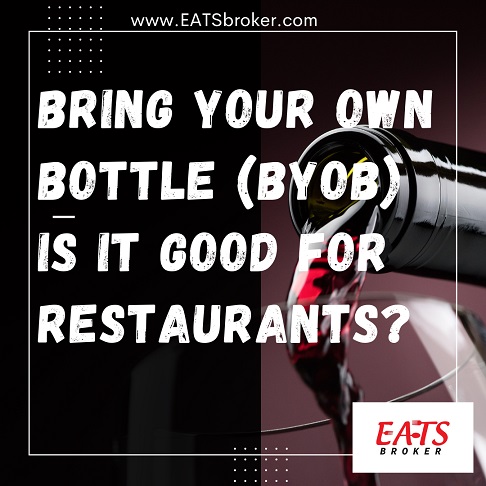
Bring your own bottle (BYOB) policy can be good for restaurants, but it also has some significant downsides. If a restaurant has a BYOB policy, customers are allowed to bring their alcoholic beverage of choice to the restaurant. Strict licensing requirements and high taxes on alcohol sales have made the idea of restaurant owners to […]
3 Mistakes to Avoid in Selling Your Restaurant
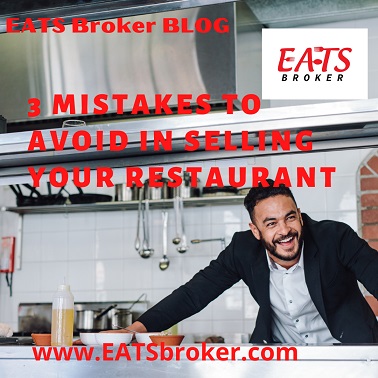
Selling a restaurant can be a complicated process. What are the mistakes to avoid when selling your restaurant? The Restaurant Broker at EATS Broker has been selling restaurants for over ten years. This blog will provide insights for restaurant owners thinking about selling a restaurant. Mistake #1 Listing your restaurant for sale too late Ask […]
Preparing to Sell a Restaurant-What you Should Know
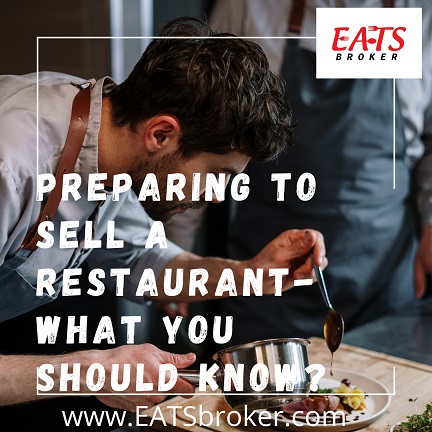
The decision to sell a restaurant is the first step and figuring out how to sell a restaurant is the second step. When preparing to sell a restaurant, what should you know before starting the process? Baby boomers at record numbers are planning to retire and want to sell a restaurant. The preparation to sell […]
7 Most Common Restaurant Sale Deal Killers
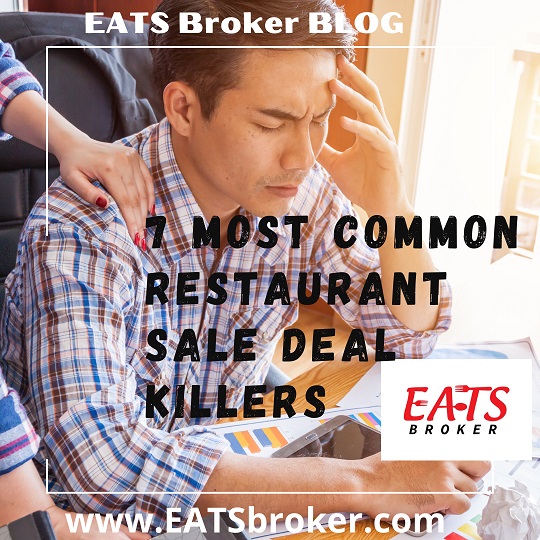
The most common restaurant sale deal killers are items that are usually out of the hands of a Restaurant Broker. The process to sell a restaurant can feel like a marathon that many participants will have fatigue and not finish the race. It’s a known fact in the Restaurant Brokerage industry less than 50% of […]
Step by Step Process to Buy a Restaurant Franchise
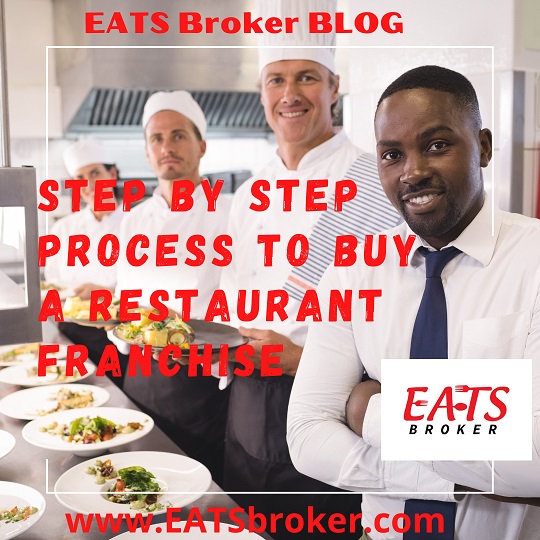
The Step by Step process to buy a restaurant franchise for sale can be a complex process with multiple guidelines, requirements, and documentation to read. Did you know the top restaurant brands have a Checklist that potential franchisees have to complete before they can purchase a Franchise Restaurant Resale? The Restaurant Resale Specialist at EATS […]
How is Selling a Restaurant like Fishing?
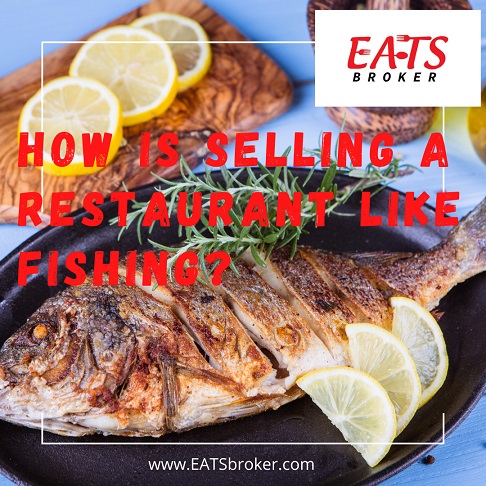
Are you asking yourself how is selling a restaurant like fishing? The best fishers in the world know that they are not guaranteed to catch a fish every time they go fishing. The art of selling a restaurant is a process that is not guaranteed to end successfully for the restaurant owner. If there were […]
How to Get a Restaurant Ready to Sell
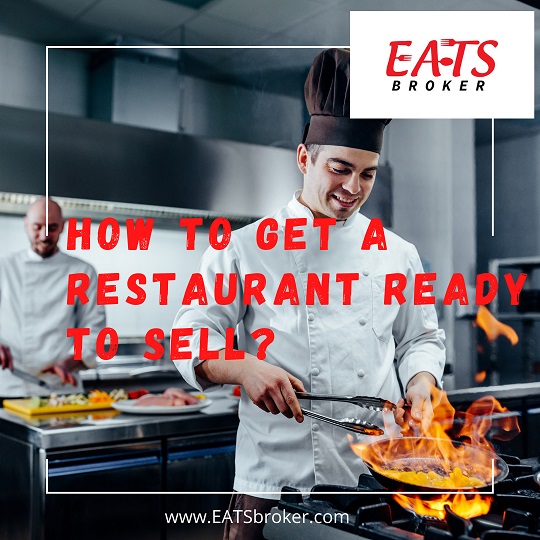
The art of getting a restaurant ready to sell really starts with planning and preparation. Restaurant owners planning to sell a restaurant in 2022, should be in the process of collecting and organizing important supporting documents now. The New Years is a great time for restaurant owners that are considering selling a restaurant to […]

